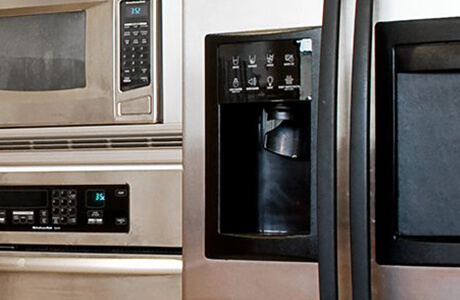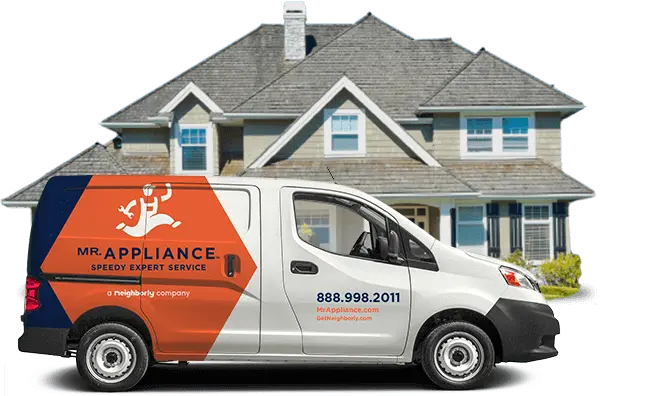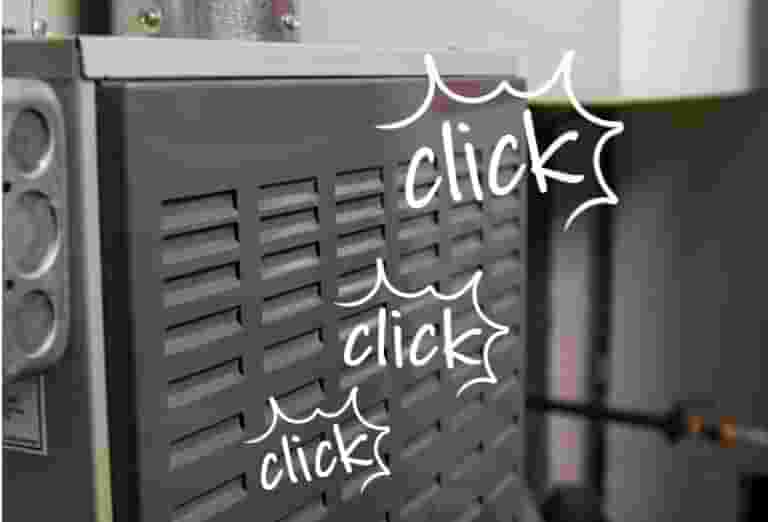According to the Department of Energy, the one appliance that uses by far the most energy after heating and cooling equipment is the hot water heater. This means the appliances that rely on hot water, such as the dishwasher, are costing you even more. The best move you can make when upgrading your water heater is to switch to an energy efficient or tankless model. From there, the next major appliance putting a dent in the electricity is the clothes dryer with the refrigerator coming in at a close second.
According to the Department of Energy, this is how the numbers break down for the average home. These figures assume your home has newer appliances, however. The numbers would shift dramatically if the refrigerator or freestanding freezer were 15 years old, for example. down for the average home. These figures assume your home has newer appliances, however.
- Water heater – 2400 kWh for a family of two
- Clothes dryer – 1000 kWh
- Refrigerator – 600 kWh
- Dishwasher – 300 kWh
- Clothes washer – 200 kWh
Are There Laws Governing Energy Usage?
The more electricity a home uses the more tax the homeowner pays each month. Laws apply more to the manufacturers. There are standards set that compel them to produce appliances that use less energy. The law also requires each product to have a label that shows energy usage and the ENERGY STAR rating. Checking that ENERGY STAR rating before buying is one of the easiest energy tips.
What Are The Tax Benefits of Energy Efficient Appliances?
State and federal government offer incentives to reduce energy usage—mostly in the form of tax credits. The tax regulations vary from year to year, so it is important to consult with a tax specialist when looking at appliance energy tips. In general, you may be able to deduct at least part of the purchase cost of an energy-efficient appliance along with the installation fees on your federal tax return using IRS form 5695. In addition to the federal tax benefits, some local utility services offer discounts and rebates for switching to energy-friendly appliances. It is worth a visit to the utility company website.
Appliances are a big part of the energy picture. Let us help formulate appliance solutions that fit your needs and put you on the energy-saving fast track. Set up an appointment with one of our energy specialists for an evaluation and visit our website often to keep up to date on appliance energy tips.




 Click to call
Click to call
